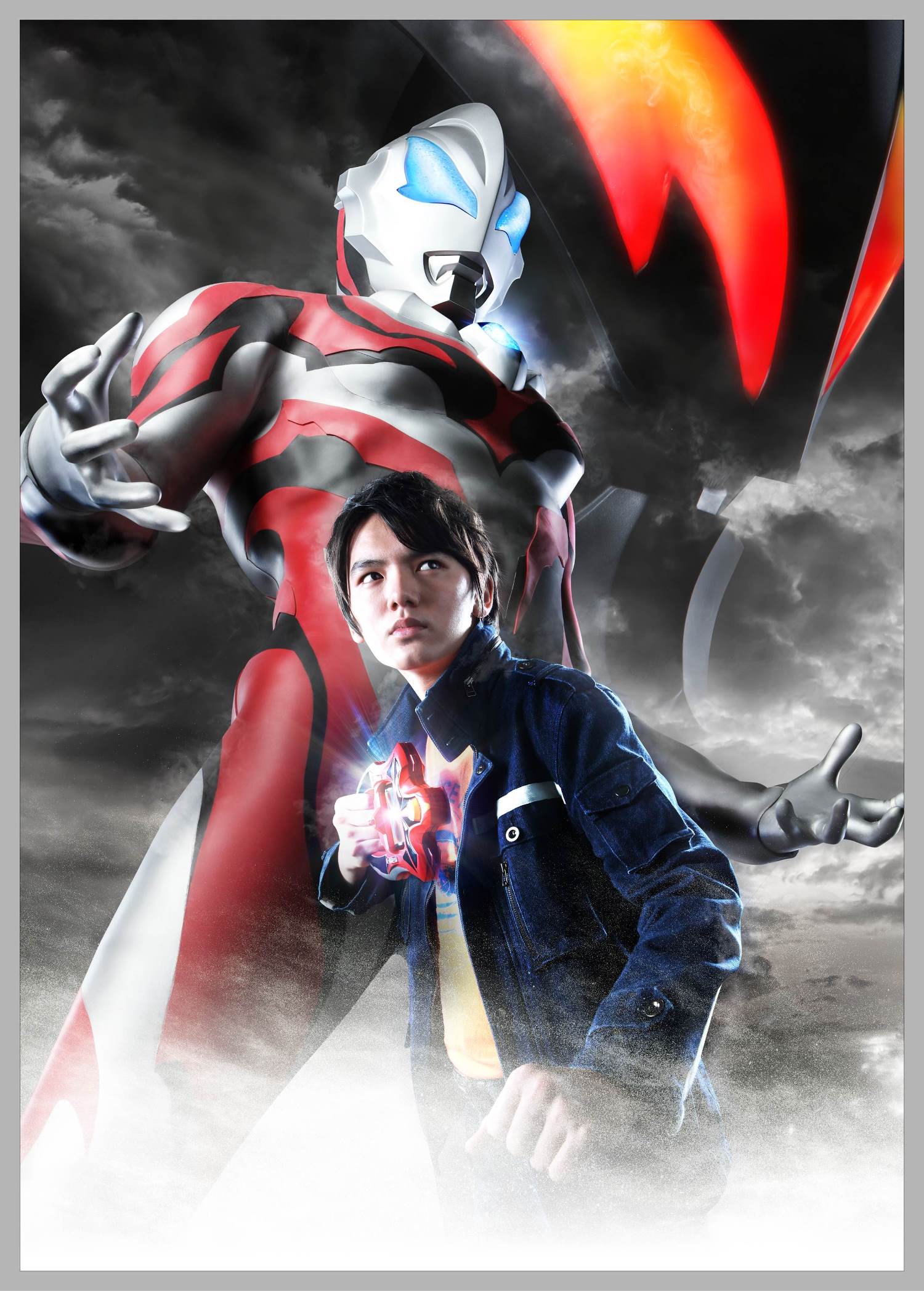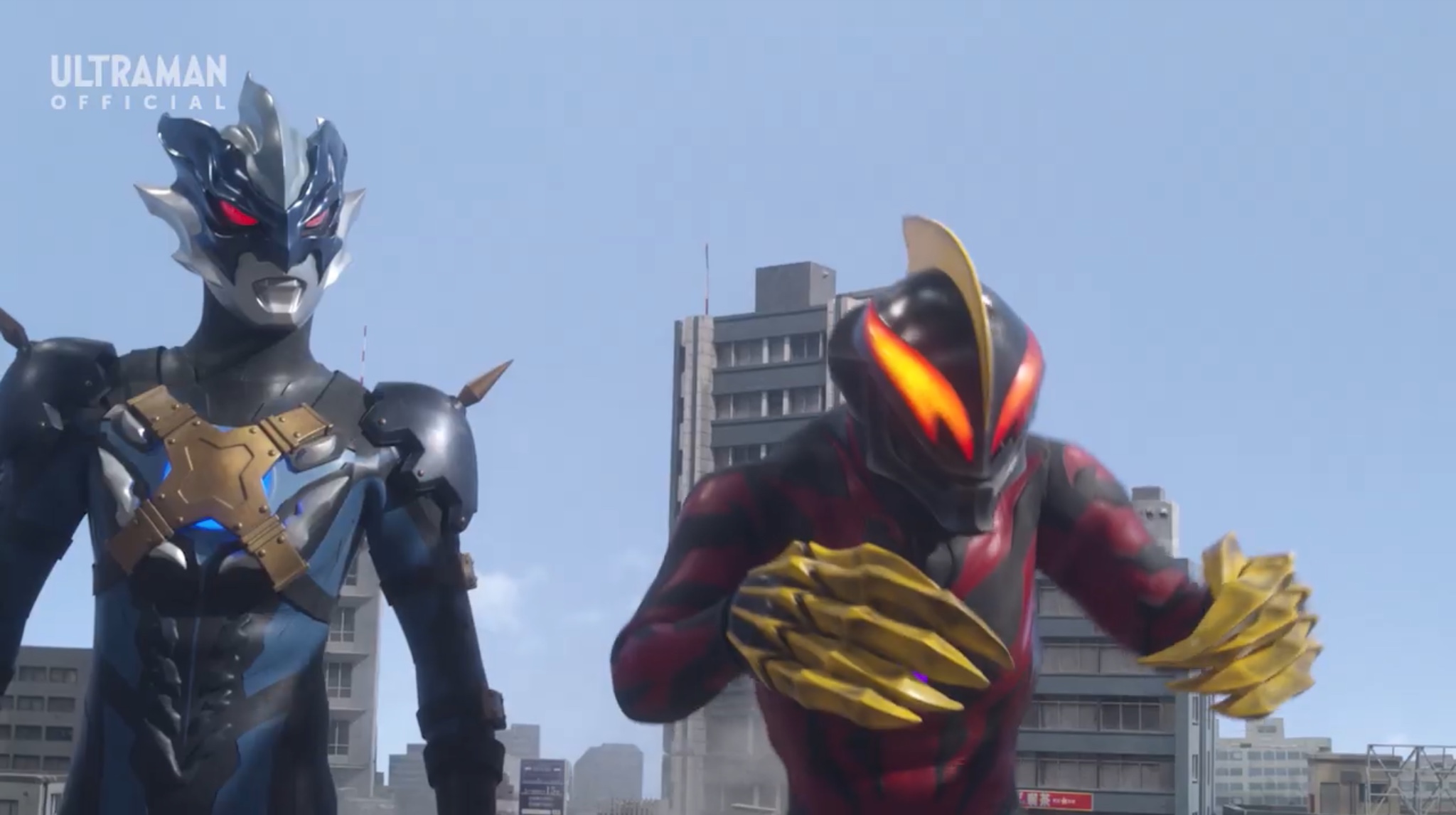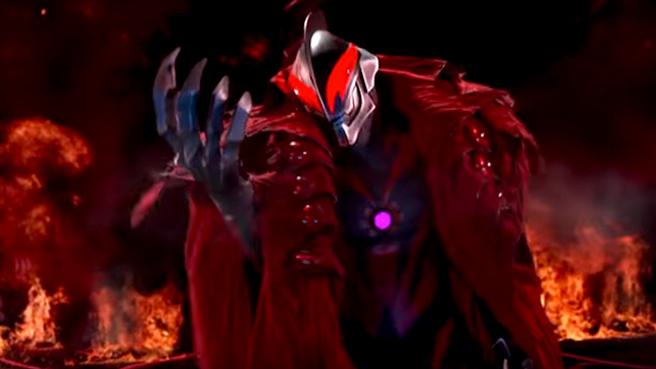

Something that Haruki realized way too late.
#Ultraman belial vs technology series
The ordeal is so infamous that Super Sentai parodied it in their mature audience satire series Akibaranger.
#Ultraman belial vs technology full
What has followed in the years since Noboru's death in 1995 is a legal full mess full of contradicted claims, unverified documents, unauthorized productions, and overall confusion. These rights were allegedly given to Chaiyo Productions by the son of Tsubaraya Productions founder Eiji Tsuburaya Noboru Tsuburaya in 1976 in exchange for a monetary loan. Chaiyo Productions has insisted they have been given the rights to everything involving Ultraman in territories outside Japan. One of the more depressing aspects of the Ultraman character is the long-term legal battle they have had with Thai based company Chaiyo Productions over the international rights to the Ultra Series. Here is CBR's list of 20 fantastic, fascinating, and bonkers facts relating to this titanic Giant of Light.

Unfortunately, though the character receives monumental praise in Asia, his popularity outside of the continent is still relatively low compared to similar characters.


Each entry in the Ultra series has carved its own identity but never forgets their iconic heritage, with reoccurring traditions and iconography that are upheld to this day. Since the debut of Ultraman in 1966 by Tsuburaya Productions, there have been multiple iterations of the franchise that feature different costumes, casts, and story elements. Ultraman is the combined being of a human and an Ultra who are aliens composed of light who require physical hosts to combat giant monsters. As popular as Godzilla and Sentai are, they come up short when compared to the literal biggest hero of them all, Ultraman.Ĭreated by Eiji Tsuburaya, Ultraman has become a hugely popular character with the equivalent cultural significance that Superman has in the States. The word "tokusatsu" itself literally translated as "special effect" or "special filming." While internationally popular properties like Doctor Who are considered tokusatsu when aired in Japan, Western audiences will recognize the term for its association with Japanese produced series like the Godzilla film franchise and Super Sentai, a series of Japanese all ages superhero shows that is the footage and costume basis for the Power Rangers franchise. The term tokusatsu is used in Japan to describe live action films or television that utilize any form of special effect.


 0 kommentar(er)
0 kommentar(er)
